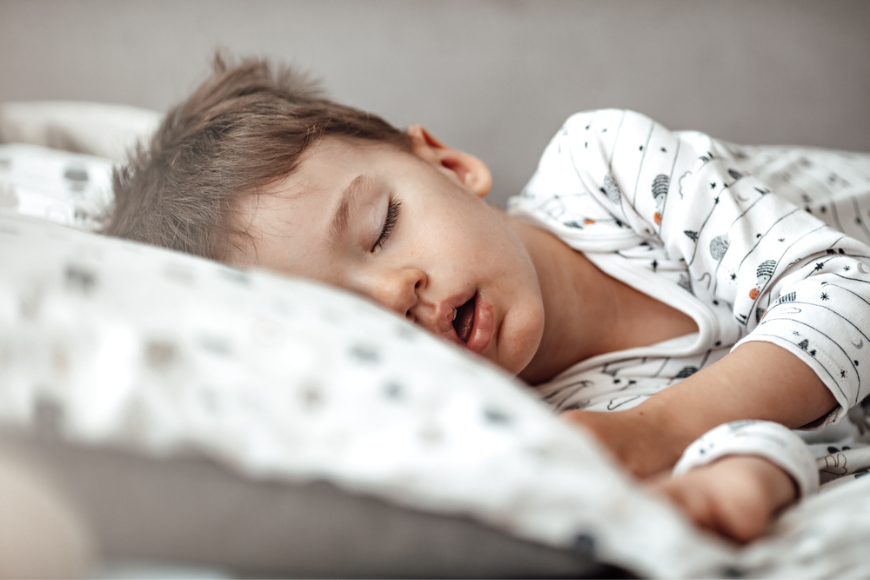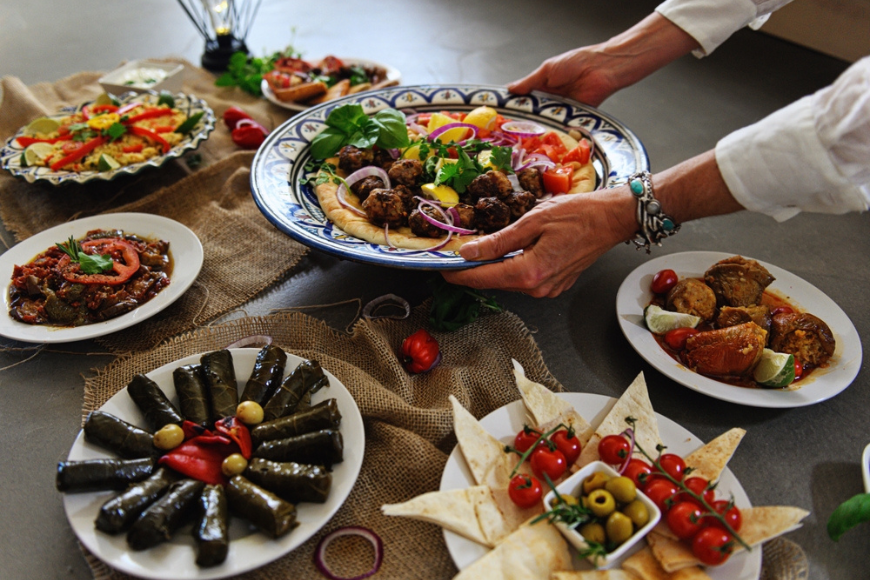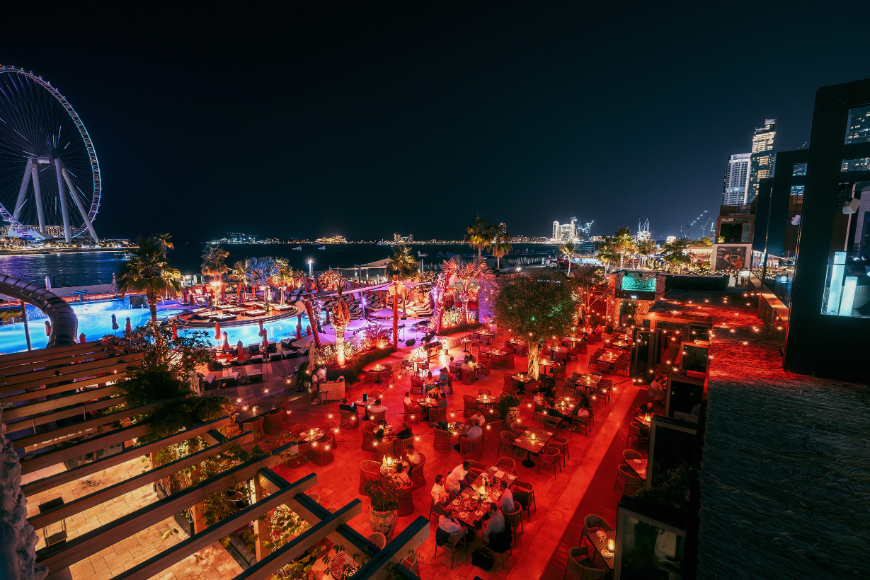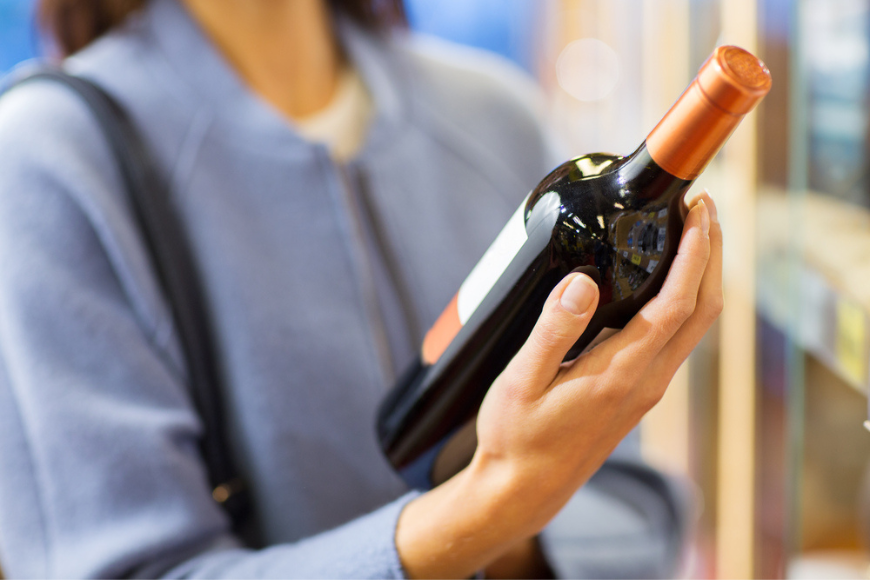29 July 2013
| Last updated on 12 December 2017
Owing to Dubai’s population and the numerous medical facilities in the private and public sectors, long waiting lists are almost unheard of. For specialised treatment, however, it’s sometimes necessary to seek medical assistance outside Dubai, and locals who can afford it often do so. Members of the ruling families and wealthy Arabs invariably have all major operations outside their own territory, particularly in London and American cities. Although some of Dubai’s doctors and medical staff are local, the vast majority are foreign and were trained in their home countries.
Dubai now has a public health service providing free or very low cost health care for its nationals and it’s important to note that these services are also available to expatriates. For some time, however Dubai has been encouraging businesses to provide medical insurance for their employees, to lighten the burden on the national purse. Tourists visiting Dubai should have travel insurance that includes cover for private medical treatment, but they also have access to state medical facilities in the case of emergencies.
All cities and major towns in the UAE have at least one modern hospital and usually several others with highly trained staff and state-of-the-art equipment. When choosing a hospital, your best bet is to seek recommendations from colleagues and friends.
There are several different types of hospital, including public and private hospitals. Some hospitals in the private sector are luxuriously appointed and could easily pass as five-star hotel accommodation. Their prices are at a similar level.
The term ‘clinic’ is used to denote a general practitioner’s surgery.
There’s little overcrowding in hospitals and clinics in Dubai, where hospitals and major clinics are open 24 hours a day and usually operate on a first come, first served basis. Arabic and English are widely spoken, English being frequently used in private hospitals, where many staff and most patients are foreign. Accommodation in private hospitals is generally in single rooms rather than wards, and parents can stay with their children. Costs for accommodation vary considerably, according to whether a hospital is super-luxurious or more modest. Treatment costs usually vary according to the standard of accommodation. Dubai is served by excellent doctors, and there’s a high ratio of doctors to patients.
Dubai Health Authority
The Dubai Health Authority provides a vast array of services across different domains, both in the physical domain and online.
Health services are provided in three main hospitals (Dubai Hospital, Rashid Hospital and Al Wasl Hospital), in speciality centres and in Primary Health Care clinics, in addition to the online services provided to a vast community of users including the public, private health professionals, investors and others.
Emergency Numbers:
Dubai Hospital 04 2195000
Rashid Hospital 04 2192000
Al Wasl Hospital 04 2193000
Customer Care 800342
Doctors
A routine first diagnostic visit to a private doctor costs from AED 200 with additional costs for any tests required. Many private doctors are able to process simple blood and urine tests on their premises and usually have electro-cardiogram equipment. A call-out fee for a home visit increases costs and in some cases a night-time visit incurs a surcharge. If you’re referred to a specialist, costs can run to hundreds of dirhams. When you pay, you receive a receipt to claim from your insurers.
As is the case with doctors, there are excellent dentists in Dubai, the vast majority of them foreign, particularly from Scandinavia, Britain and Russia. Dentists and orthodontists advertise in expatriate magazines and tourist guides. Most dentists in the region are private, although local nationals are sometimes treated at public hospitals. As with doctors and hospitals, ask for recommendations from friends and colleagues before choosing a dentist.
Medicines:
Medicines are dispensed from pharmacies, which are denoted by a green cross.
Most pharmacies are open from 9.00 am to 10pm or later daily. A notice in the local press indicates the duty pharmacy open outside these times. Many hospitals have a 24-hour pharmacy, where you can obtain prescription and non-prescription medicines.
It’s important to obtain a receipt if you want to claim from your insurance. Medicines are quite expensive and there have been cases of over-prescribing in the private health sector, perhaps because of a link between the prescriber and the pharmacy.
If you’re a western expatriate, don’t expect Dubai’s emergency services and ambulances to be as efficient or widespread as in your home country.
Ambulance services exist (since end of 2009 Dubai even owns the world's largest ambulance) but these are usually controlled by the police (and used primarily for road accidents) or by the state hospitals. If you need to get to hospital quickly, the most reliable method is to use your own transport or go by taxi. This is common in the region. Even the victims of road accidents, if their injuries aren’t too severe, are often bundled into a car or taxi and taken to hospital. Police and emergency services are sometimes equipped with helicopter services, but these are only used for road accidents, beach accidents involving drowning and evacuations from difficult terrain.
In the case of a medical emergency, observe the following procedure:
1. If you’re able to, go directly to the nearest hospital with an accident and emergency department.
2. If you don’t have your own transport and an ambulance service exists, call the ambulance number. The operator will be able to speak both Arabic and English and will respond in the language that you use. You will be asked to identify yourself and give your address; remember that you might have to give directions, using nearby landmarks rather than the street number. You will also be asked about the type of medical problem. If it’s life-threatening, such as a heart attack or a serious accident, make this clear.
4. If calling a taxi, make sure that the driver or taxi company understands the urgency of the situation.
Medical Care
Application forms for health cards are obtainable from clinics and from the Ministry of Health. Completed forms should be returned to the Rashid Hospital, with two passport photographs, your passport, two photocopies of your passport, a copy of your visa (employment or residency) and the appropriate fee. Expatriate workers tend to choose private treatment if they’re covered by the necessary medical insurance – private care can be very expensive.
As with all insurance, when taking out a health insurance policy do some homework and check the small print, particularly regarding what is and isn’t covered.
There might be an upper age limit on acceptance for a scheme and, if you’re offered a private health policy that terminates at retirement, it would be wise to avoid it; if you’re forced to obtain a new policy at the age limit, it will be very difficult to find one at a reasonable premium – perhaps at all. Note that some companies terminate your policy at the end of the stipulated period if they believe that the costs they’ve incurred have become too high. If you’re purchasing an international policy, note also that some policies exclude cover in the USA, owing to high medical charges there. You can often pay to have different areas or types of cover added, but it might be expensive to do so.
Dental Insurance
Hospitals and Clinics under Department of Health (Dohms) Authority
• Dubai Hospital (Dubai Government DOHMS)
• Rashid Hospital (Dubai Government DOHMS)
• Al Baraha Hospital (Ministry of Health)
• Al Amal Hospital (Ministry of Health)
• Al Maktoum Hospital (Dubai Government DOHMS)
• Al Wasl Hospital (Dubai Government DOHMS)
• Jebel Ali Hospital (Private)
• American Hospital Dubai(Private)
• Canadian Specialist Hospital
• Welcare Hospital (Private)
• Emirates International Hospital (Private)
• Iranian Hospital (Private)
• Neuro-Spinal Hospital (Private)
• Belhoul Speciality Hospital (Private)
• Belhoul European Hospital (Private)
• Medcare Hospital (Private)
• Hospitals and Clinics under Dubai Healthcare City (DHCC) Authority
• Harvard Medical School University Hospital
• Universitatsklinikum Hamburg-Eppendorf
• Mayo Clinic Middle East
• Dr. Sulaiman Al Habib Medical Center
• The City Hospital (Welcare, Varkey Group)
• The Creek Hospital Dubai (Welcare, Varkey Group)
• American Academy of Cosmetic Surgery Hospital
• American University of Beirut Medical Centre
• Eleva Women's Hospital
• London's Great Ormond Street Hospital - Dubai Office
• Isis - The French Pediatric Clinic
• Biolite Skin Clinic UK
• Physiocare FZ LLC































































































![We Tried [u]bk's Lively Garden Brunch at Mövenpick JLT Dubai We Tried [u]bk's Lively Garden Brunch at Mövenpick JLT Dubai](https://cdnexpatwomanfood.expatwoman.com/s3fs-public/urban%20bar%20and%20kitchen%20brunch%20main.png)







































